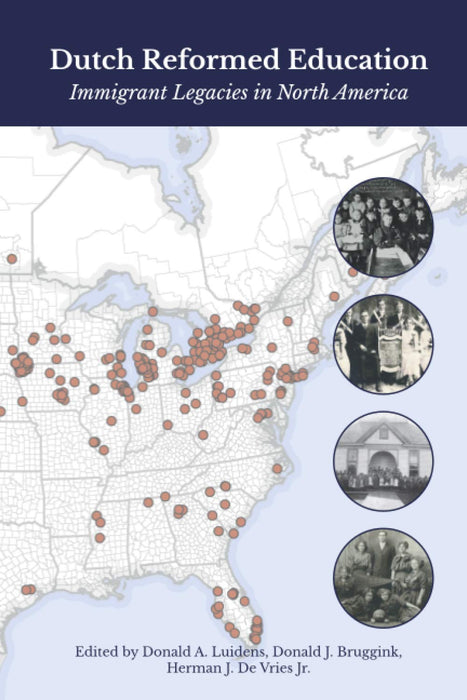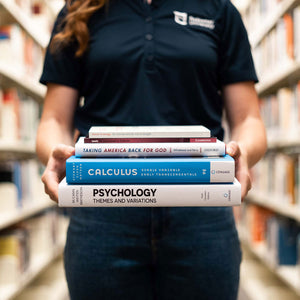
Dutch Reformed Education: Immigrant Legacies in North America
by Dr. Donald A. Luidens (Author), Dr. Donald J. Bruggink (Editor), Dr. Herman J. De Vries Jr. (Editor)
Sola scriptura, decreed the Reformers, and thereby launched a literacy frenzy. The newly christened “priesthood of all believers” necessitated that even the lowly layman know how to read and reflect on Holy Writ. Buoyed by the mushrooming bourgeoisie that boasted exceptional resources and unprecedented discretionary time, and fueled by geopolitical and mercantile demands, literacy—steeped in approved Christian dogma—became a widespread expectation throughout seventeenth- and eighteenth-century Europe. These high expectations for Christian education crossed the Atlantic with succeeding waves of Dutch Reformed immigrants and set the stage for a remarkable flourishing of academic institutions, from the earliest grades through postgraduate training. During the colonial era, while broad-scale literacy was the impetus for establishing primary and secondary schools for young folk—principally males—the demand for an educated clergy and a well-trained professional class prompted the founding of postsecondary schools. Reformed congregations and individuals were at the forefront of both initiatives—literacy training for the layman and theological training for the clergy. The resulting institutions were augmented in their educational tasks by a nascent publishing industry that produced a broad range of Christian literature and commentaries. Most of the essays in this volume provide snapshots of the ongoing drive for a self-consciously Christian education that was embedded in the Dutch Reformed immigrant movement. These essays are happily complemented by chapters that reflect on the broader implications of the Dutch immigrant experience in other spheres of the educational enterprise. The multidisciplinary approaches that appear here make this volume particularly engaging. Along with a preponderance of historians, a scattering of cultural anthropologists, language and literature scholars, theologians, and even a photographer will make their appearance in the following pages. The rich variety of lenses that they bring to bear enlivens our imaginations and extends our understanding of the Dutch immigrant experience.


